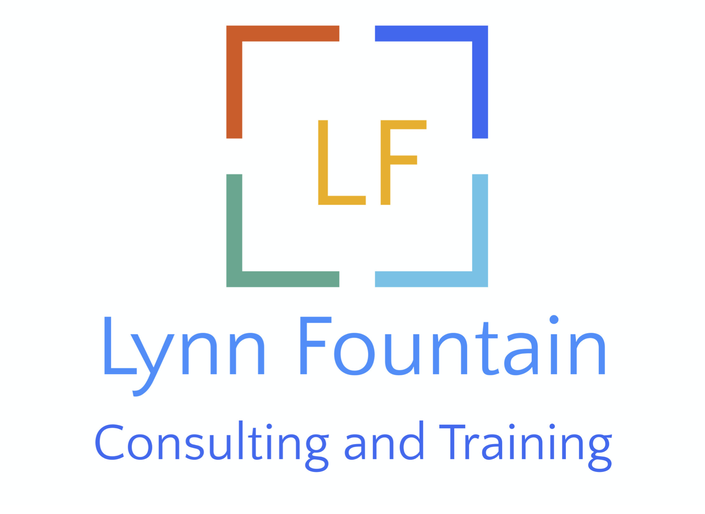
Fraud Trends For the Future – Understanding Synthetic Identities
Field: Auditing | Delivery Method: Self-Study | CPE Hours: 1.0
Fraudsters seek new ways to exploit private information. Cybercrime and fraud prevention is an evolving field based on varied tactics used by fraudsters. In order to be prepared to mitigate fraud risks, you must understand the current fraud trends.
The initial segment of this series focused on fraud trends that have been identified for 2023 and beyond.Broadly, these trends include:
- Automation
- Account Takeover
- Adoption of new digital payment methods
- Balancing fraud and consumer friction
- Rise of synthetic identities
- Escalating cost of fraud
- Targeted attacks
- Strong need for real-time assessment
- Need for multi-layered fraud assessment.
- Account security
In the initial segment we evaluated areas of automation and machine learning fraud.Subsequent sessions looked at account takeover and digital payments.This session will be segregated into two parts:
- Fraud trends for the future - Understanding synthetic identities.
- Fraud trends for the future – Tools and techniques to mitigated synthetic identity fraud
Synthetic identity fraud is a type of financial crime where a fraudster creates a fake identity using a combination of real and fake personal information. The fake identity is used to apply for credit, open bank accounts, or make purchases etc. This fraud is difficult to detect because the fraudster is using a combination of real and fake information. It becomes harder for institutions to catch the fraud and it may be more difficult for law enforcement to track the fraudsters.
Lesson Objectives:
- Review Top Fraud Trends
- Define synthetic identities.
- Identify how synthetic identities are created.
- Examine why synthetic identities is a priority and examine current statistics.
- Examine how synthetic identities are created.
- Examine a case study on synthetic identity.
Field: Auditing
CPE Hours: 1.0
Delivery Method: Self-Study
Format: Video
Your Instructor

Consultant, CPA, CGMA, CRMA, MBA, Past Chief Audit Executive
Business Consultant, Trainer, Author
Ms. Fountain has over 40 years of experience spanning public accounting, industry accounting and consulting. Sixteen years of that experience has been in the field of internal audit, risk managment and process improvement. She is well adept to assist your organization evaluate business strategy, perform risk assessments, establish a Sarbanes-Oxley process, synergizing internal audit processes or perform process improvement projects.
As a past corporate executive Lynn has a passion for working with professionals to enhance their processes and provide leading edge education. She has authored and delivered hundreds of training courses for accounting, finance and audit professionals. Her training is filled with not just theory but real world application.
Ms. Fountain has authored three technical publications:
-Leading the Internal Audit Function
-Raise the Red Flag
-Ethics and the Internal Auditor's political dilemma
Lynn is a recognized leader in the internal audit profession as well as a recognized business professional.
Ms. Fountain obtained her BSBA from Pittsburg State University and her MBA from Washburn University in Kansas. She has active, current CPA, CGMA, and CRMA credentials.
